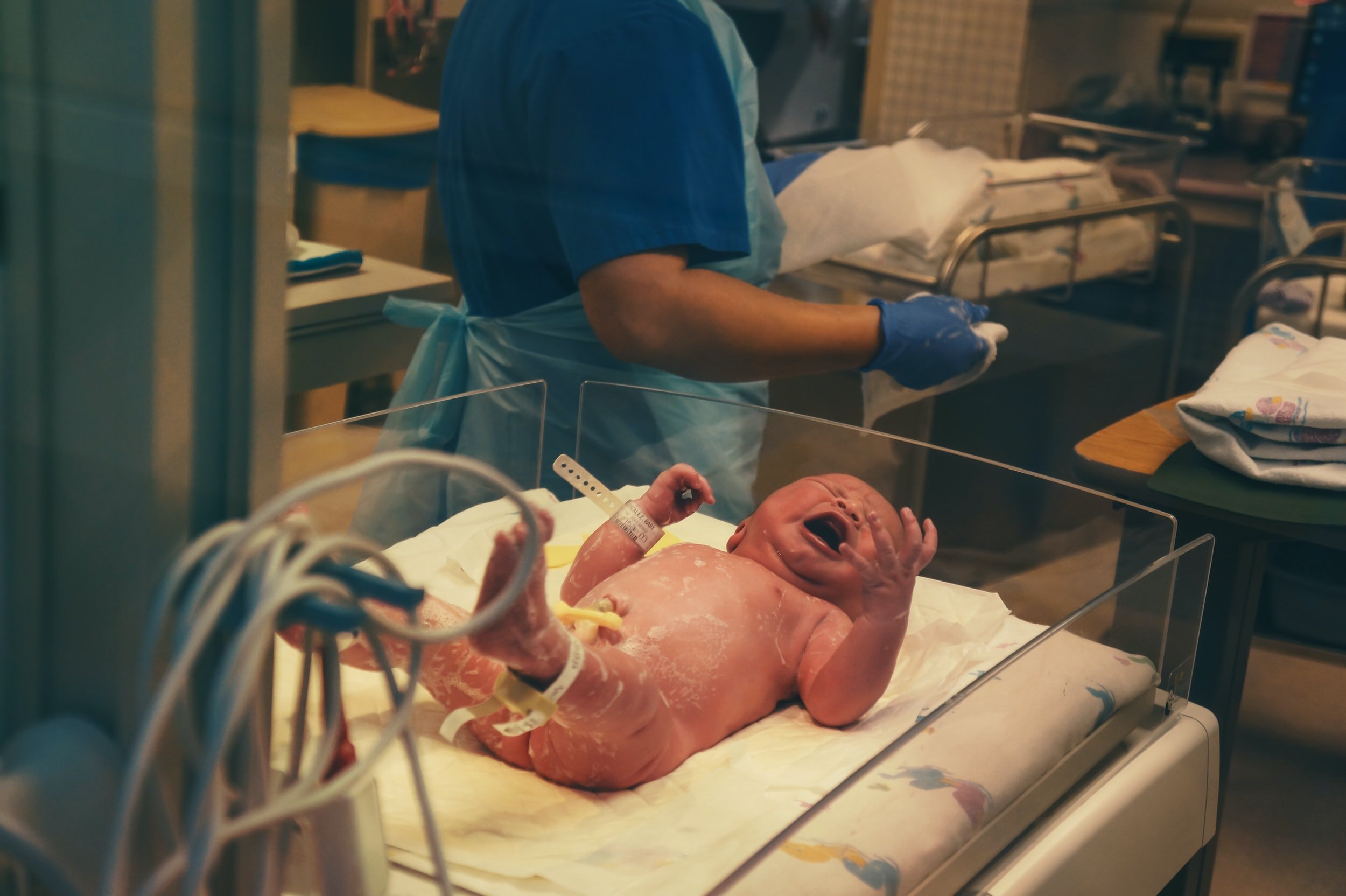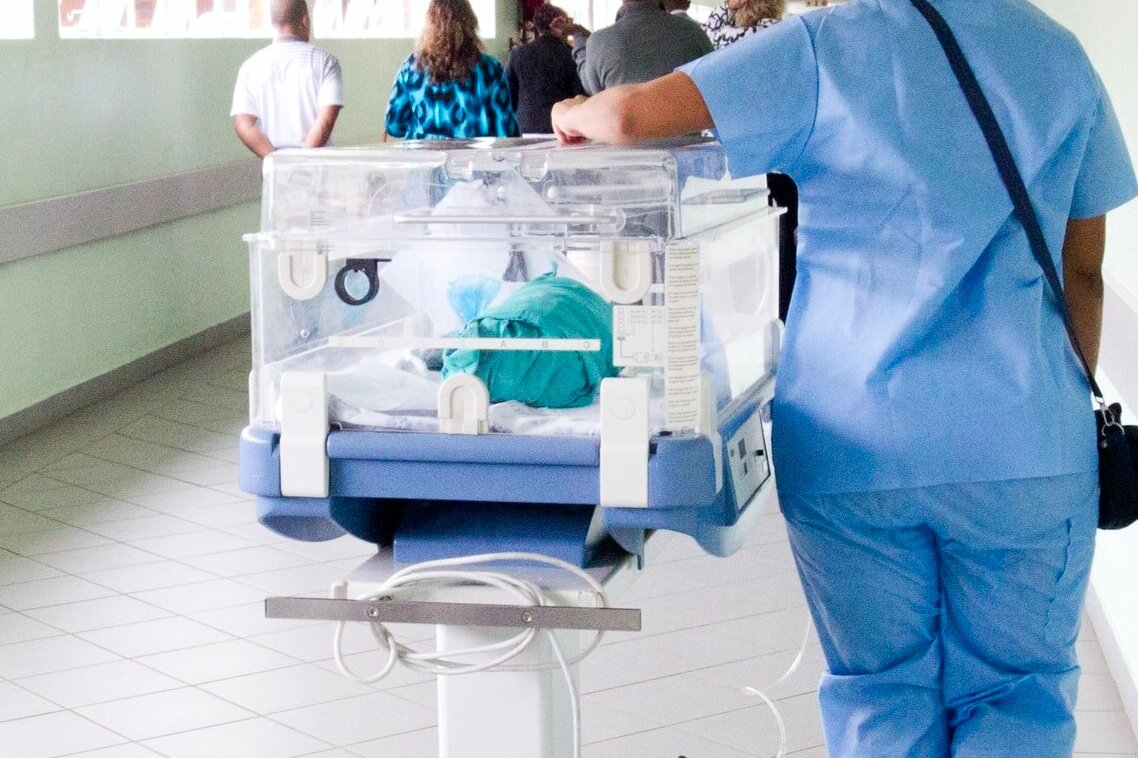Having a preemie is undoubtedly a challenge. Beyond the worry of a mother’s recovery, what takes precedence is the baby’s health and well being. The life of a preemie parent often involves the NICU (Neonatal Intensive Care Unit), a specialised area in the hospital designed for the needs of babies that need extra medical attention, either because they were born prematurely or have other concerns, such as congenital anomalies or complications in the birth process.
No matter what the reason for a baby being admitted, being a NICU parent is not easy. It immediately means being away from the baby, only being allowed to see him or her a couple of hours each day–or sometimes not at all. Being a NICU parent means doing a lot of research, having a constant dialogue with doctors and nurses, always making time for the commute, and more.
It is difficult to know what to expect in the NICU. Every baby is a little different so the specifics might be different, but for most first time NICU parents, whether it be for a preemie or a full term baby, there are certain things that can be expected, and they are easily remembered by the acronym CHRISS.
CHRISS is an acronym one NICU mommy in the Philippines (Rachel) created and it stands for Clothing, Hydration, Respiration, Incubation, Supplement, and Sound.
Clothing
At the NICU, parents need to “suit up!” And that means proper clothing. NICUs are very likely to ask parents to wear hospital gowns or coats before entering the NICU itself to see their children. This assures the nurses and doctors that if a baby is held by their parent, the clothes the baby is placed on are clean. Parents may also be asked to wear disposable booties and hairnets. Face masks are also a must.
Hydration
Very important for all NICU babies is that they stay hydrated and feed well. IV fluids and breast milk are the go-to fluids for keeping a baby fed and hydrated. Exceptions are made when babies need specialised milk for specific problems they may encounter, but these decisions are up to the baby’s doctor. If the baby needs to gain weight, the amount of fluid and milk they receive is especially important because it aids their weight gain. Parents can expect to begin keeping track of their babies IV and milk intake and understand what that means for their baby.
Respiration.
Breathing is very important. Very often, babies end up in the NICU because of respiratory issues. Many NICU babies need to be intubated due to breathing problems. Parents can expect to learn about O2 saturation (normal levels being between 95 to 100 percent), and to mark their child’s breathing and breathing patterns each time they go into the NICU. The better a baby breathes on their own, the better their chances of recovering quickly and being discharged.
Incubation
The incubator is created to provide both warmth and humidity. Premature babies tend not to be thermoregulated or able to maintain their own body temperature, which is why the incubator is needed. It is a clean environment that provides protection while premature babies develop. The amount of oxygen in an incubator can be controlled. Because of the glass, the amount of outside sound coming into the incubator is muffled. Parents can still hold or touch their babies through special holes on the side of the incubator, but it is important that parents wash their hands and then keep their hands warm so that their babies don’t get cold.
Supplement
Many NICU babies need supplements, vitamins, and medicine to keep them strong. Knowing how many supplements babies take can be scary for parents, but it’s important to keep remembering that taking these are what is best for the baby.
Sound
When a baby is in the womb, they become familiar with the sound of their mother’s heartbeat and voice. The voices of family members are very likely to also be familiar. Parents of NICU babies can help their little ones along by recording their voices speaking or singing and asking nurses to play these recordings while they are away. These can soothe babies and give them a sense of comfort.
Apart from these, parents can anticipate being given a time limit on their visits. Usually exceptions are made for breastfeeding mothers, who are allowed to come several times a day for the feedings. Remembering CHRISS can help parents with each one of their NICU visits, giving them cues of what questions to ask in terms of updates and also helping them keep track of the baby’s progress.
The Mommy Mundo Preemie Parents Support Group (MMPSG) for parents of preemies and micro preemies aims to provide support and useful information for the parents of premature babies and their care. Please be advised that all information shared herein are for informational purposes only and are not meant to provide any therapeutic results. Please consult with your doctor before undertaking any health related course of action. Mommy Mundo shall not be responsible for any damage suffered by any user for not consulting with a doctor beforehand.




Leave a Reply